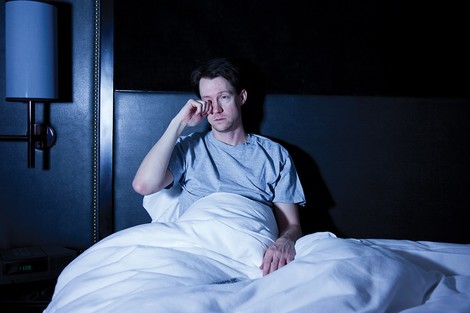Your podcast discovery platform
Curious minds select the most fascinating podcasts from around the world. Discover hand-piqd audio recommendations on your favorite topics.

piqer for: Global finds Health and Sanity Doing Good
Bangalore-based Rashmi Vasudeva's journalism has appeared in many Indian and international publications over the past decade. A features writer with over nine years of experience heading a health and fitness supplement in a mainstream Indian newspaper, her niche areas include health, wellness, fitness, food, nutrition and Indian classical Arts.
Her articles have appeared in various publications including Mint-Wall Street Journal, The Hindu, Deccan Herald (mainstream South Indian newspaper), Smart Life (Health magazine from the Malayala Manorama Group of publications), YourStory (India's media technology platform for entrepreneurs), Avantika (a noir arts and theatre magazine), ZDF (a German public broadcasting company) and others.
In 2006, she was awarded the British Print-Chevening scholarship to pursue a short-term course in new-age journalism at the University of Westminster, U.K. With a double Masters in Globalisation and Media Studies from Aarhus Universitet (Denmark), University of Amsterdam and Swansea University in Wales, U.K., she has also dabbled in academics, travel writing and socio-cultural studies. Mother to a frisky toddler, she hums 'wheels on the bus' while working and keeps a beady eye on the aforementioned toddler's antics.
Wake-Up Call: Is Sleep Deprivation Making Your Brain Eat Itself?
How many ‘How much sleep do you need?’, ‘Have you slept well today?’ articles have you read recently? One too many? Sleep deprivation is a favourite both in the scientific community and in pop science. This constant presence in the public mindscape has unfortunately somewhat ‘lightened’ the issue and taken away much of the seriousness it deserves.
In this backdrop, this new study comes as a grim reminder of how crucial sleep is for cognition, memory consolidation and neurological balance. The study, in fact, states that a sleep-deprived brain literally starts “eating itself”. Now that is a wake-up call like none other!
Michele Bellesi and his team from the Marche Polytechnic University in Italy studied the effects of sleep deprivation in mice where they discovered that the brain cells that destroy dead cells and debris “go into overdrive” in the brains of mice that were chronically sleep deprived.
But all is not bad news. The team specifically studied glial cells that are known as the housekeepers of the brain. Earlier research on the same cells had confirmed that they do get busy after sleep deprivation. But housekeeping, like always, is never a bad idea. Researcher Bellesi says some parts of the brain are like old furniture that indeed need some attention and cleaning. What is worrying is the fact that the hyperactivity of microglials have been linked to a host of brain disorders including Alzheimer's and other kinds of dementia.
Research on sleep deprivation, despite its popularity, is difficult and time-consuming; it also often throws up puzzling and contradictory results. In this case too, as Bellesi himself admits, researchers need to investigate more into the long-term effects of sleep deprivation before determining whether this kind of housekeeping protects the brain or causes it harm.
